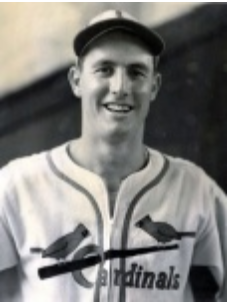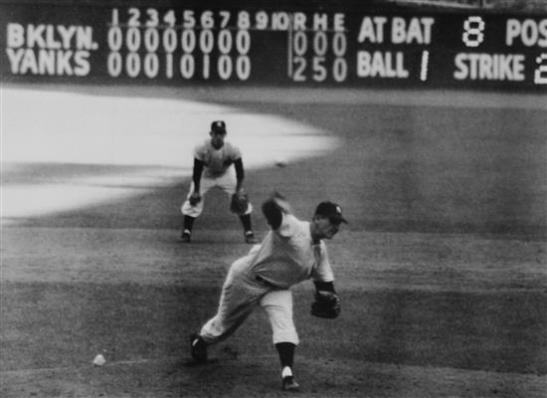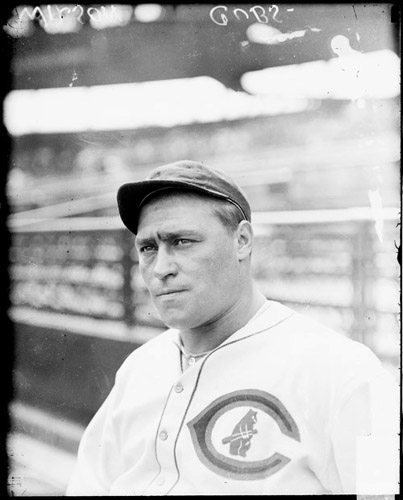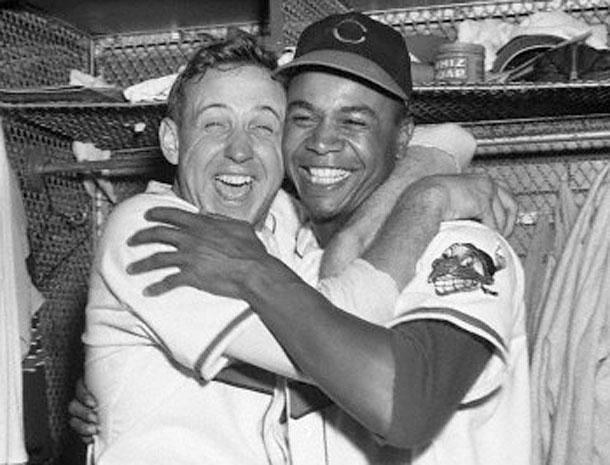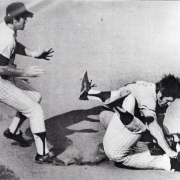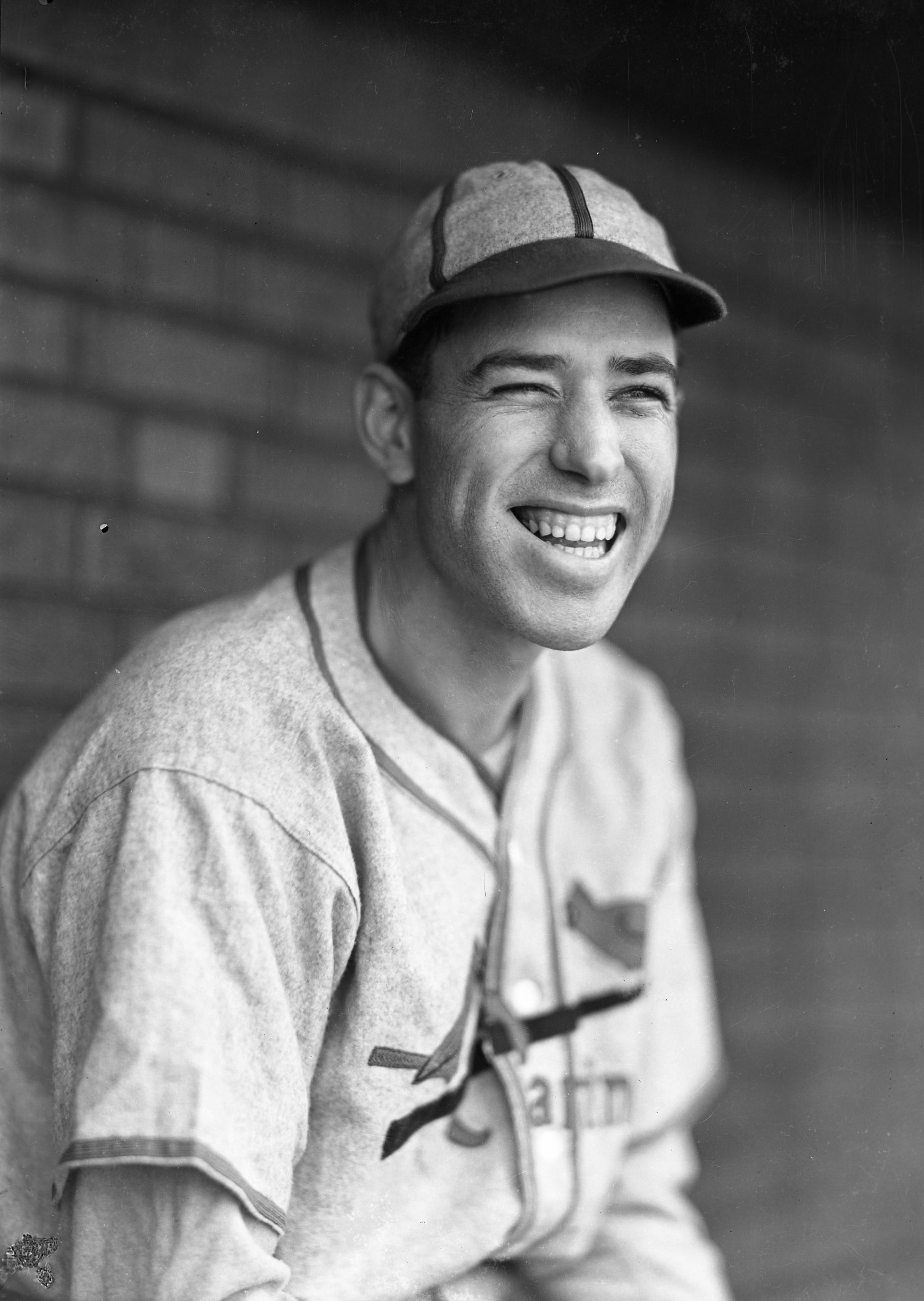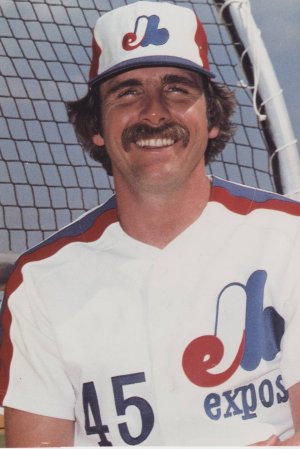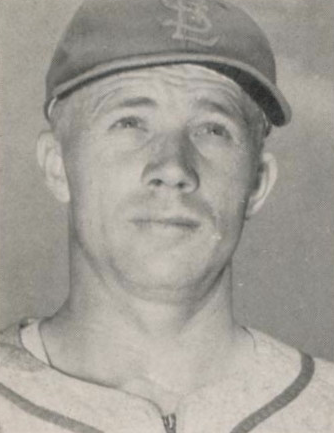October 8, 1966: Wally Bunker shuts out Dodgers in Game Three of World Series
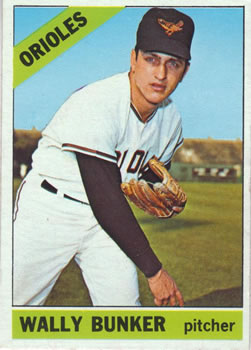 It was anybody’s game heading into the bottom of the fifth on the sunny Saturday afternoon of October 8, 1966 in Baltimore’s Memorial Stadium. The Dodgers’ southpaw, Claude Osteen, had surrendered only two hits through the first four innings, and if Los Angeles could find a way to win this game, they might yet recover from a two games to none deficit. This was especially true since the Dodgers would have future Hall of Famers Don Drysdale and Sandy Koufax pitching in Games Four and Five. After all, the Dodgers had lost the first two games World Series to the Minnesota Twins the previous year and still managed to take the Series in seven.
It was anybody’s game heading into the bottom of the fifth on the sunny Saturday afternoon of October 8, 1966 in Baltimore’s Memorial Stadium. The Dodgers’ southpaw, Claude Osteen, had surrendered only two hits through the first four innings, and if Los Angeles could find a way to win this game, they might yet recover from a two games to none deficit. This was especially true since the Dodgers would have future Hall of Famers Don Drysdale and Sandy Koufax pitching in Games Four and Five. After all, the Dodgers had lost the first two games World Series to the Minnesota Twins the previous year and still managed to take the Series in seven.
Standing in the Dodgers’ way, however, was 21-year-old Wally Bunker, who thus far had matched Osteen zero-for-zero. Bunker was only two years removed from his stellar rookie season in 1964 in which he went 19-5 and was named The Sporting News American League Rookie Pitcher of the Year. That September, however, in his next to last start of the season at Cleveland, he hurt his shoulder and was never the same pitcher again.1 His record fell to 10-8 in 1965 and 10-6 in 1966. Beset with other injuries as well, Bunker was nursing a sore right elbow this day and had hot packs and oil applied to his arm. It “was pure red and blistered from all the stuff they were putting on between innings,” recalled the right-hander2 Nevertheless, Bunker had allowed only three hits and a walk himself to this point.
With two outs in the bottom of the fifth, 22 year-old Paul Blair stepped to the plate. The right-handed hitting Blair had shared center field duties during the season with the left-handed hitting Russ Snyder and was the youngest non-pitcher in the Series. He launched the first pitch he saw from Osteen, an inside fastball, 430 feet into the left field bleachers.3 Blair sped around the base paths and the Orioles would have the only run they would need.
“As soon as I hit it, I knew it was gone. Everyone said I should have taken my time and gotten to trot around the bases, but I never trotted. I just liked to hit my home runs and get back to the dugout,” said Blair.4
Blair had hit only five home runs during the regular season.
Maury Wills led off the Los Angeles half of the sixth with a single, and advanced to second on a groundball off the bat of Wes Parker. Willie Davis then hit a deep fly to centerfielder Blair, advancing Wills to third, but Ron Fairly was retired on a comebacker and the Dodgers rally died.
Lou Johnson singled in the seventh, his second hit of the day, and Tommy Davis, pinch-hitting for Osteen singled to lead off the eighth. Both were stranded and Bunker retired the side in order in the ninth. The 1-0 victory was Bunker’s first shutout of the season and required only 91 pitches, all fastballs and sinkers.5 The official time of game was a tidy one hour and 55 minutes.
The Orioles never got another hit after Blair’s home run and no Bird ever reached second base at any point, except, of course, for Blair. The Dodgers doubled the Orioles hit total with six, but a Wes Parker ground-rule double to right-center in the fourth represented Los Angeles’ only extra base-hit.
Steve Barber, a 20 game-winner for the Orioles in 1963, and who would have no doubt started a Series game but for his own arm troubles, said later, “The game Bunker pitched was to that point, the best pitched game I’d ever seen. I went down to the clubhouse after the game and said, ‘Great job, but you’re not that _______ good and you know it!’”6
The Orioles used the same formula the next day, only this time it was a Frank Robinson home run and a Dave McNally shut out that propelled them to another 1-0 victory, a Series sweep, and the first championship in modern day Baltimore baseball history.
Claude Osteen, who pitched a great game in a losing effort, would pitch for nine more seasons, winning 20 games for the Dodgers in 1969 and 1972. He would never appear in another post-season game.
Paul Blair would win the first of eight Gold Gloves the following season and become a two-time All-Star. The regular center fielder for Baltimore’s World Series teams of 1969-1971, he would appear in two more Series with the Yankees in 1977 and 1978 as a reserve outfielder.
Wally Bunker continued to be plagued by his bad shoulder and other arm miseries and logged only 159 innings and five victories for the Orioles over the next two seasons. Chosen by the Kansas City Royals as the 25th pick in the 1969 expansion draft, Bunker threw the first pitch in Royals’ history and went 12-11 in their inaugural season. He retired from professional baseball after throwing 36 innings for AA Omaha in 1972 at the age of 27.
Author’s note
I was 9 years old when my parents took me to see this game. For $8 a ticket, we sat in the upper deck. In the fifth inning I yelled, “C’mon, Paul! You can do it!” and he did. At that point, I became the favorite good luck charm of every old guy basking in the sun and in the glory that day. I’m sure that those “old guys” were younger than I am now. The sense that somehow, I had contributed to the win is the strongest memory I have of that game.
Sources
The only additional source used in addition to the ones below was baseball-reference.com.
Notes
1 Mike Klingaman, “Catching Up With . . . former Oriole Wally Bunker,” The Baltimore Sun July 21, 2009. Accessed on November 2, 2015 at http://weblogs.baltimoresun.com/sports/thetoydepartment/2009/07/catching_up_with_former_oriole_2.html.
2 John Eisenberg, From 33rd Street to Camden Yards: An Oral History of the Baltimore Orioles. (Chicago: Contemporary Books, 2001) 178.
3 Gordon Beard, Birds on the Wing: The story of the Baltimore Orioles, with an introduction by Hank Bauer. (New York: Doubleday & Company, 1967.) 112.
4 Louis Berney, Tales From the Orioles Dugout. (USA: Sports Publishing, LLC, 2004) 68-70.
5 Beard, 112.
6 Eisenberg, 179.
Additional Stats
Baltimore Orioles 1
Los Angeles Dodgers 0
Game 3, WS
Memorial Stadium
Baltimore, MD
Box Score + PBP:
Corrections? Additions?
If you can help us improve this game story, contact us.


